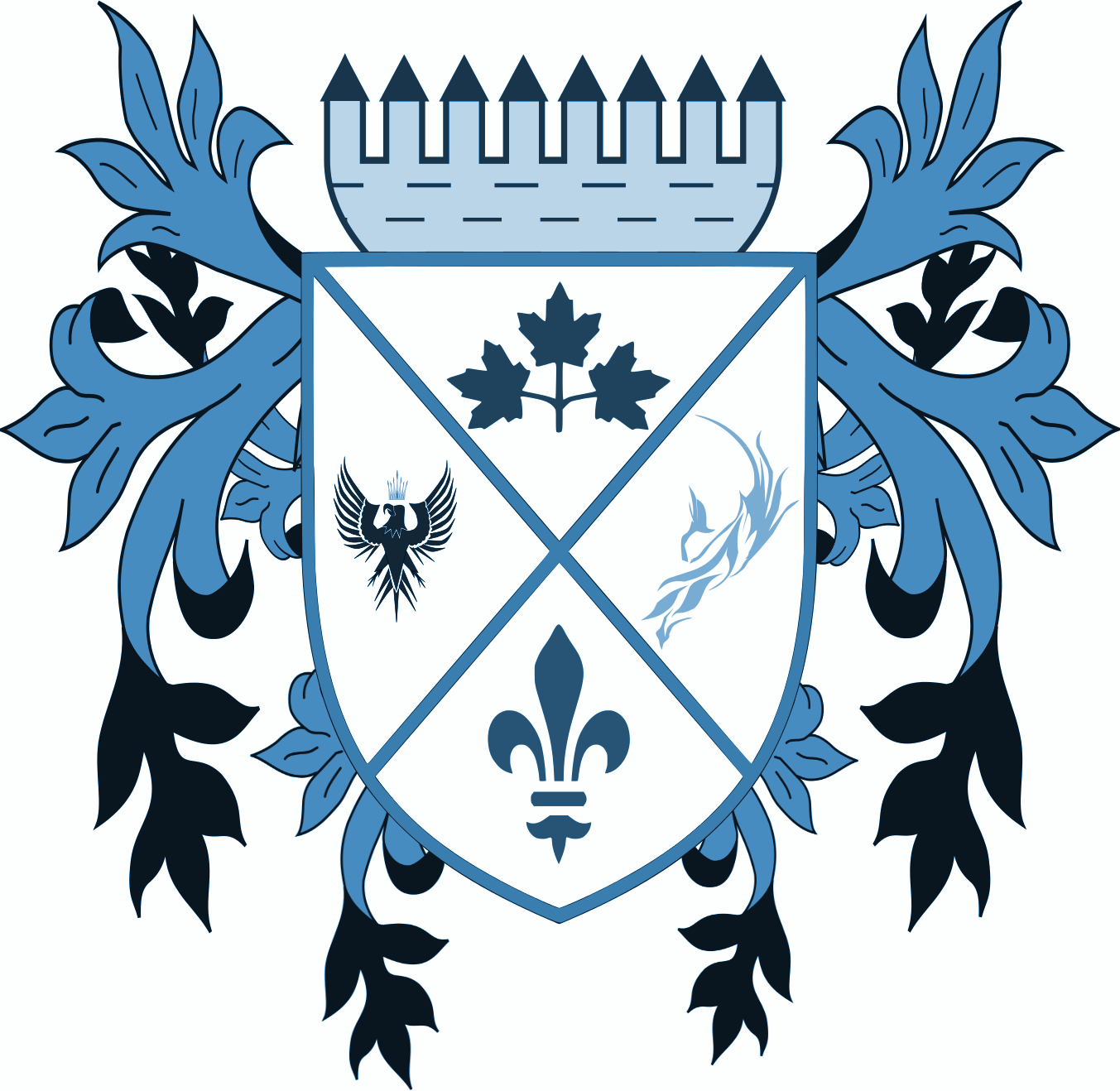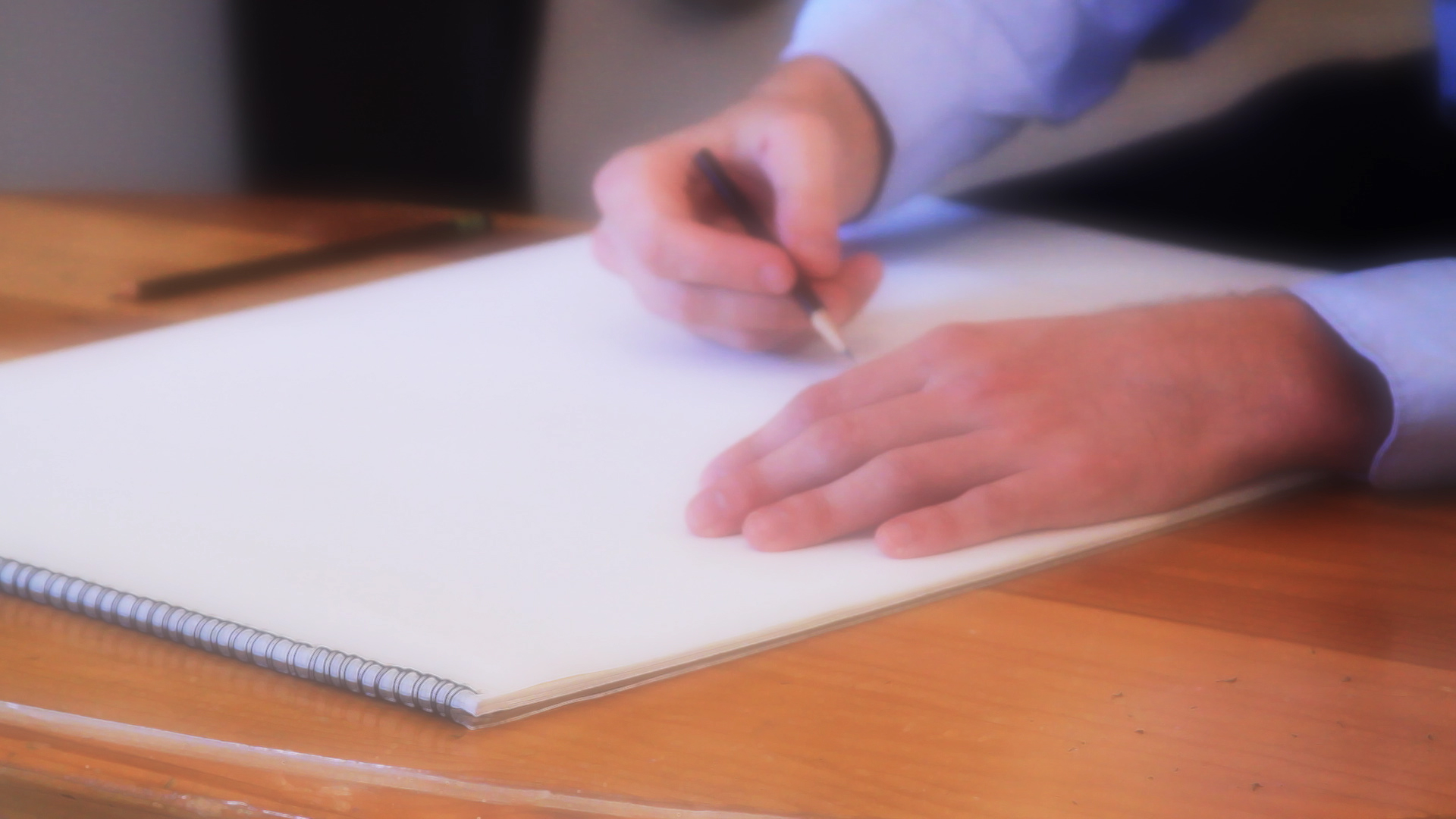Unique Canadian-Islamic Culture
 An article published in the ‘Opinion’ section of www.ottawacitizen.com by Imam Dr. Mohamad Jebara:
An article published in the ‘Opinion’ section of www.ottawacitizen.com by Imam Dr. Mohamad Jebara:
Most people remember the notorious Jim Jones, who has become a symbol of deviant religious cults and subjugation in the name of religion in the Western world. Now, if anyone was to state that Jim Jones and his cult are the perfect example of Christianity and that they represent the beliefs and practices of every single Christian denomination and sect in the world, people would render such a person devoid of mental and intellectual faculties. I do not recall the Christians of the world rising to apologize for what Jim Jones did. Similarly, I refuse to apologize for what other sects do in the name of Islam. Quite simply, I neither believe what they believe, nor appreciate being included in a general categorization, grouping all sects together.
Just as Christians are severed into countless sects and denominations, so are Muslims. In the same way that Catholics and Protestants differ and vary in some fundamental beliefs, so we shall find among the Muslims of the world.
A denomination is a group within a religion. Muslims are thousands of denominations, drastically varying in their beliefs and rituals. From unrelenting, unforgiving Qaramitah, who issue the death penalty to anyone for committing the smallest of sins, and condemning them to eternal damnation in the afterlife, to extremely liberal and forgiving Murji’ah, who say no sin is too big and everything can be forgiven. And from Ultraconservative Salafis who are extremely literal in their reading of scripture, to Batini Isma’ilis who seek out the hidden sub-meanings of scripture.
For someone to categorize every Protestant denomination into one clump, it is simply illogical and far from reality. When someone says Protestants believe, or do such and such, we ask, to which Protestant denomination are you referring? Methodists? Evangelicals? Seventh day Adventists? Puritans? Calvinists? Messianics? Baptists? and which of the 117 Baptist denominations are you referring to? Even in small religious groups such as the Mormons, we find multiple sects and denominations. There is not a religious community on Earth that is not so.
Even if one wishes to be more precise and say, the Hanafi denomination of Sunni Islam (“did or believe such and such”) , we must further ask, to which Hanafi do you refer? Middle Eastern or Sub-continent? They differ quite a bit; and then if you say Subcontinent, we would ask to which denomination’s interpretation do you refer? Ultraconservative Deobandis? Barelvi?
Muslims vary in their practice and understanding of Islam, they vary by region and culture, they vary by educational level, race and economics, and their interpretation and practice of Islam is influenced by political and social stability or the lack thereof. Can someone say that Irish Catholics and Mexican Catholics are identical? Are Russian Catholics the same in their practices as some Catholics in the Philippines, who practice flagellation and crucifixion every Easter? It would be just as inaccurate, unproductive and unfair to generalize saying Sunnis believe such and such, or Shiites believes such and such.
The violent extremists, flashed on each news headline, with angry, bitter faces, are ultraconservative Salafis/Wahhabis who are a minority offshoot of the Hanbali school, which is likewise a very small minority among the 800 branches of Sunnis. Likewise, those who practice flagellation are a minority among a minority of the Ja’fari school, which is one of 186 branches of Shiism.
Most humans like to simplify things and keep them as easy to understand as possible. They want black and white. Good and evil. Right and wrong. And it is such an approach, utilized by Ultraconservative Extremists, which attracts simple and naive youth, looking for a quick and simple answer to religious questions. In Traditional Islam’s interpretation and understanding of Islamic law, the answers cannot be found within the five-second sound bite that most people of today seek.
Now, how does this relate to Canada? And the Western world? In the same way that the understanding and interpretation of Islam differs from one place to another, we as Canadians need to have our own unique Canadian-Islamic identity. When people import the interpretations of Islam from other nations, they do not necessarily apply in a Canadian context. And even when we say Canadian, even in this we cannot generalize. To which Canadian culture do you refer? Mohawk? Inuit? Quebecois? Franco-Ontarian? Newfoundland? Prairies? It is for such a reason that the Qur`an says, “And we have created you into various nations and cultures, so that you may come to know each other’s differences, strengths and shortcomings and to respect and love one another despite these differences.”
I believe that Muslims in each part of Canada, if left to their own devices, will foster their own unique Canadian Muslim identity. Quebecois Muslims should have a uniquely Quebecois Islamic culture, as should Muslims of every region. What I believe to be the issue of concern is that Muslims from countries overseas impose their specific cultural practices in the name of Islam upon Canada and Canadian Muslims, especially converts. I shall refer to the example of a gentleman, of French-Canadian background, who instead of converting to Islam, was in fact converting to “Pakistani-ism”, and began to adopt Pakistani norms, customs, and cultural interpretations of “Islam”, unwittingly thinking he was adopting Islamic values. This led to his alienation and estrangement from his non-Muslim family.
What most converts to Islam seem to miss is that Islam is a spiritual and religious system, it is not an alternative to one’s cultural and national identity. In fact, wherever you go in the world you will find a unique and harmonious merging of Islamic and local values. Sub-Saharan Africa has a unique Islamic culture, which greatly differs from Chinese Muslim culture, which likewise, greatly varies from Balkan Islamic culture. What Canadian Muslims, including converts to Islam need is the freedom to foster a unique Islamic identity that is harmonious with their particular culture and nation. Islam is like water, it easily flows and moves around solid objects. As such, it can easily fit into the context of any cultural group. However, as long as we are burdened by others’ definitions, our right to religious freedom cannot be realized.






